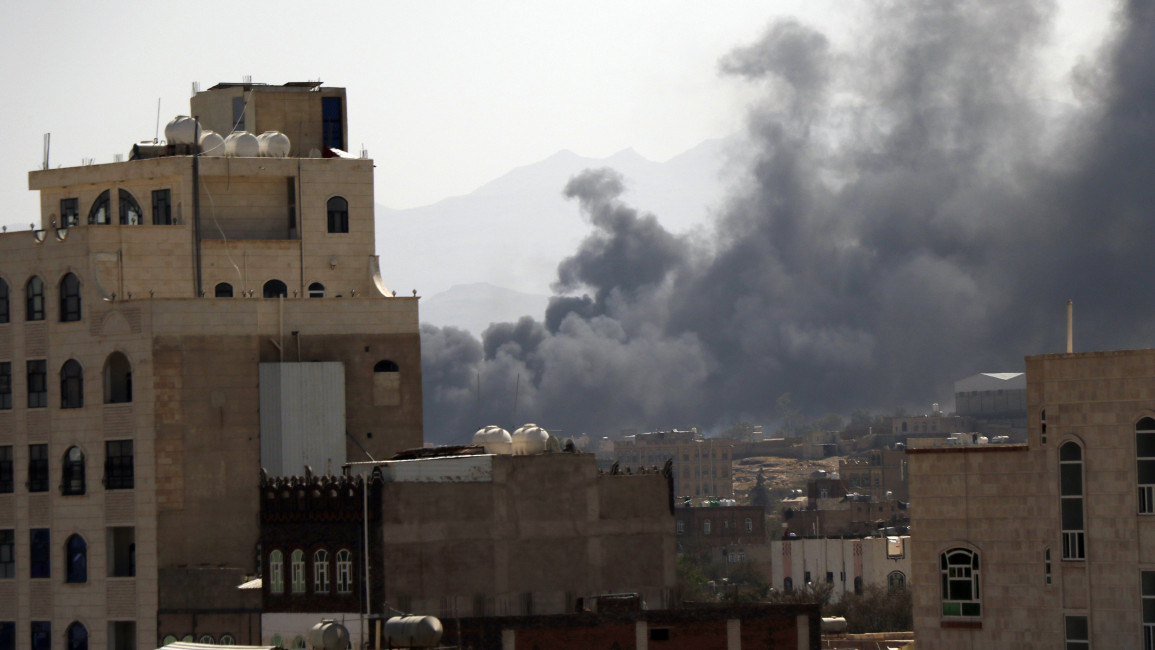UN says Yemen's warring parties agree to 2-month ceasefire for Ramadan
Yemen's warring sides have accepted a two-month truce, starting with the Muslim holy month of Ramadan, the UN envoy to Yemen said Friday.
UN special envoy Hans Grundberg has been engaging with warring parties in Yemen, where a Saudi-led coalition has been fighting the Houthis for seven years, to reach a nationwide truce for the Muslim fasting month of Ramadan, which starts on Saturday.
The truce has been confirmed to start on Saturday, and will also allow for shipments of fuel to arrive in the Yemen's key port city of Hodeida and for passenger flights to resume from the airport in the capital, Sanaa.
Grundberg made the announcement from Amman, Jordan, after meeting separately with both sides in the country's brutal civil war in recent days.
The internationally recognised government's foreign minister said that in response to "regional and international initiatives calling for a truce," he had been directed to facilitate arrangements for the release of prisoners, opening Sanaa airport and allowing fuel vessels to dock at Hodeidah port.
"In implementation of that directive, we immediately announce the release of the first two fuel ships through Hodeidah port," Ahmed Bin Mubarak said on Twitter, saying the directives had been issued by President Abd-Rabbu Mansour Hadi.
UN spokesperson Farhan Haq said the warring sides agreed to halt all offensive military, air, ground and maritime operations inside Yemen and across its borders, starting at 7pm on Saturday.
The Houthis ousted Hadi's government from the capital, Sanaa, in late 2014. The Saudi-led coalition intervened months later in a conflict largely seen as a proxy war between Saudi Arabia and Iran.
The war has killed tens of thousands and left 80 percent of the population reliant on aid. The coalition, which controls Yemen's seas and air space, had imposed a blockade on Houthi-held areas, severely hampering the flow of essential goods including fuel.
The warring parties are also discussing a prisoner swap under which hundreds from both sides would be freed, including 16 Saudis, three Sudanese and Hadi's brother.
The last major prisoner swap, involving around 1,000 detainees, took place in 2020 as part of confidence-building steps agreed at the last peace talks held in December 2018.
(Reuters)


![Minnesota Tim Walz is working to court Muslim voters. [Getty]](/sites/default/files/styles/image_684x385/public/2169747529.jpeg?h=a5f2f23a&itok=b63Wif2V)




![Debris near Rafic Hariri International Airport [Getty]](/sites/default/files/styles/image_330x185/public/2176162423.jpeg?h=a5f2f23a&itok=MCSK9mkM)
![An Israeli air strike on Jabalia killed teenage journalist Hassan Hamad [Screengrab/X]](/sites/default/files/styles/image_330x185/public/2024-10/hassan%20hamad1.jpg?h=c12e0b96&itok=Rd_dyCVp)
